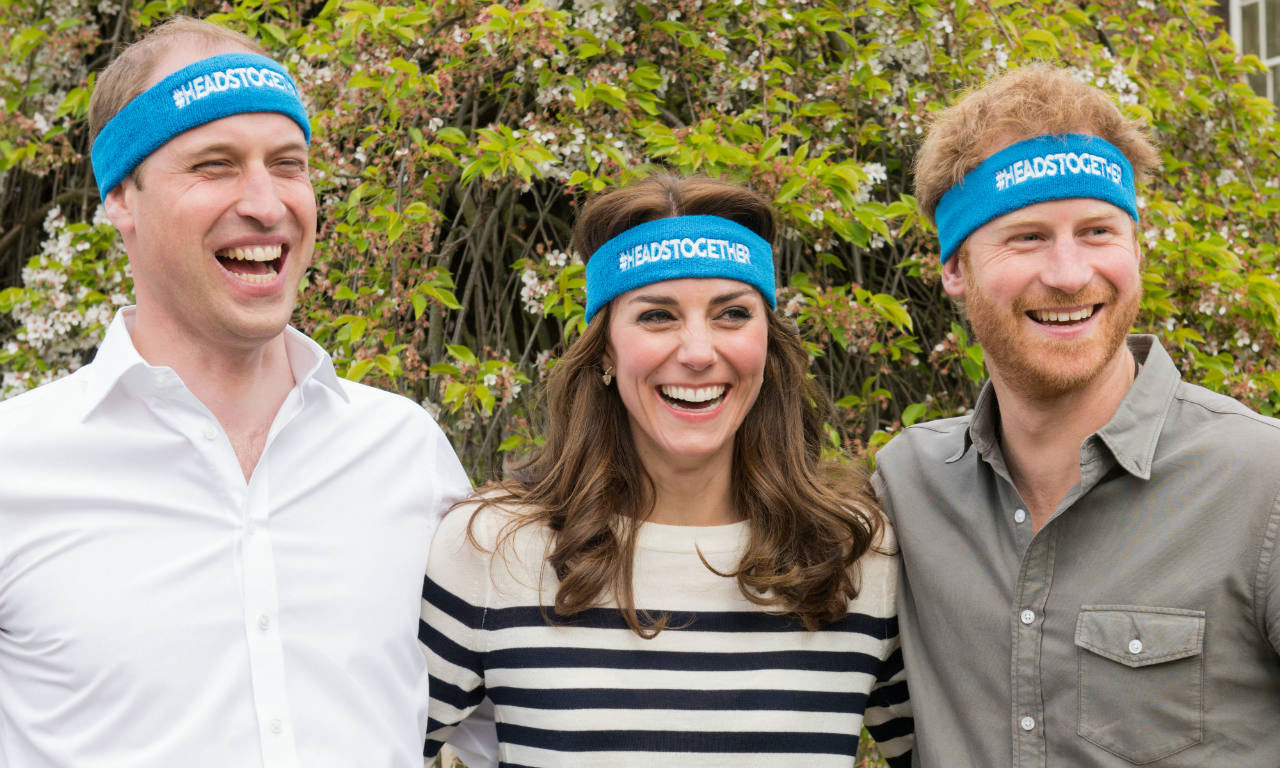With ‘Heads Together’ having been selected as the official charity for the 2017 Virgin Money London Marathon, backed by the Royal family, it’s clear that the one in four statistic regarding mental health is beginning to receive more recognition. In a society like ours, where so many of us are sharing online, yet still shying away from addressing mental health issues, campaigns such as this one can only be good news in promoting the need to talk and trying to tackle the stigma associated with a diagnosis. But interestingly, following the campaign has also perhaps demonstrated why so many are scared to start that conversation.
As part of the campaign, the Duchess of Cambridge made a heartfelt confession that motherhood has, at times, been ‘lonely’ for her, and whilst many were supportive of her decision to open up, there were also those quick to criticise. The latter sources belittled her struggles, implying that her wealth and privileged position makes her immune to such difficulties. But in these cutting remarks, the need to talk is made clear. It proves that the one in four statistic is not exclusive to a single wealth bracket, race, gender, occupation, or any other factor for that matter. Mental health does not discriminate, and as such can affect any one of us. Quite the opposite, the Duchess’s decision to speak up reminds us that struggles are relative, and that there is no ‘right’ way to react to a situation or event in our lives. The variety of issues discussed also acts as a reminder that ‘mental health’ is no longer limited to the few, most commonly diagnosed conditions that we might associate with the term.
With the seemingly never-ending cuts being made to NHS Mental Health services, it’s easy to understand some of the frustration that changing the stigma comes down to people who will never know the annoyance of waiting for months for an appointment, only to often be palmed off to another service or department within the Trust. At a time when stigma is still very much linked to talking about mental health, it comes down to those in a privileged position to use their status to attract attention to the cause, but that does not make their decision to be open any less brave.
I sincerely hope that high profile supporters of mental health charities speaking out will act as the catalyst for bigger change, not just regarding the stigma surrounding mental health problems but also in relation to the services available to help those battling them. Talking definitely needs to be encouraged, especially when it comes to male mental health – in 2015, of the 6,188 suicides recorded in the UK, 75% were male. However, whilst talking and admitting that there is a problem is arguably the most important step in any sort of recovery, it is the first of a long line of steps that are currently hindered by drastic and ongoing cuts to mental health services. Far too many people find the courage to speak out, yet are not given the help that they desperately need, due to limited resources meaning a need to prioritise the ‘most severe’ cases. Talking and reducing the stigma is a positive step forwards, but the one in four deserve so much more than that.
Helen Brealey
(Image courtesy of Royal Foundation)

